Find Help
More Items From Ergsy search
-
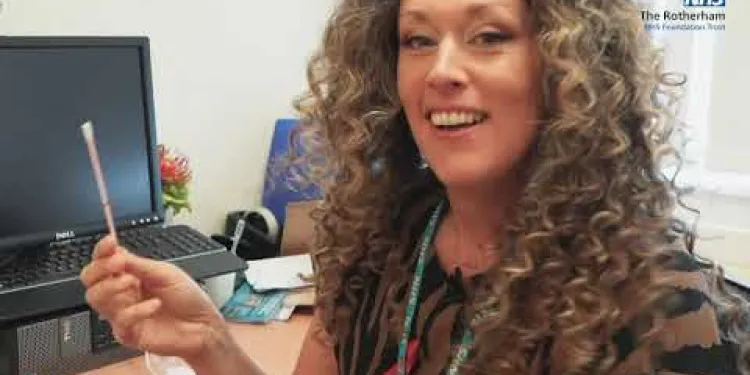
Pharyngeal swab for Gonorrhoea and Chlamydia
Relevance: 100%
-
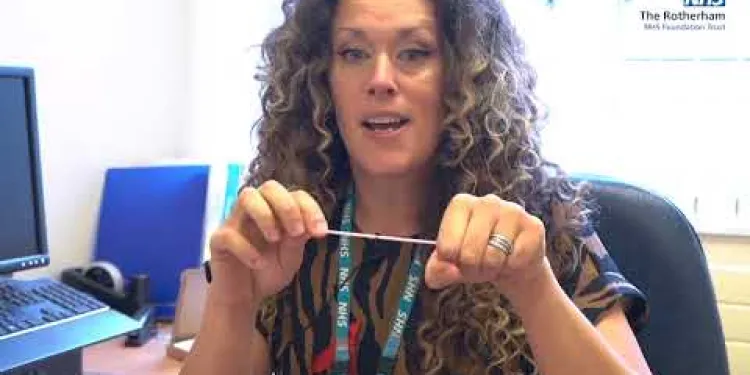
Rectal swab test for Gonorrhoea and Chlamydia
Relevance: 66%
-
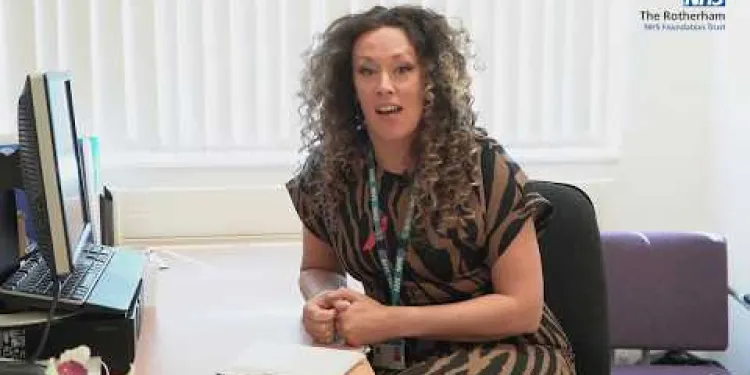
Vaginal Swab test for Gonorrhoea and Chlamydia
Relevance: 65%
-

Urine test for Gonorrhoea and Chlamydia
Relevance: 48%
-
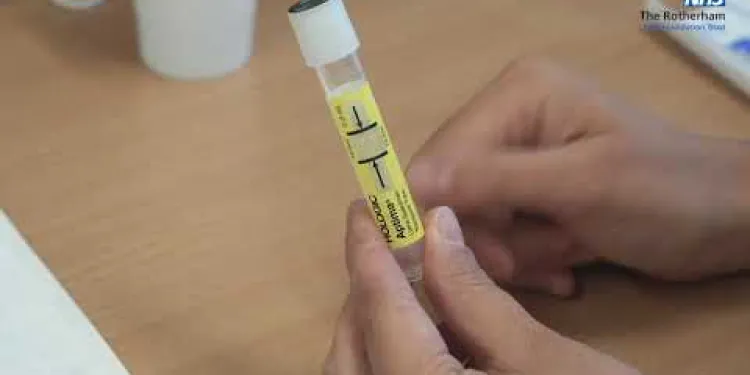
Urine test for Gonorrhoea and Chlamydia
Relevance: 45%
-

How is gonorrhoea diagnosed?
Relevance: 32%
-
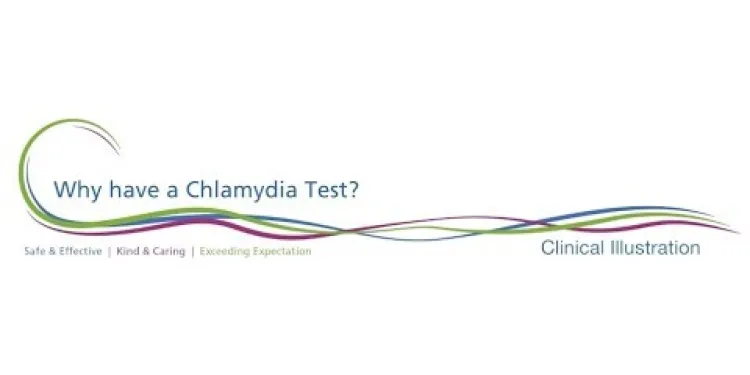
Getting tested for Chlamydia
Relevance: 31%
-
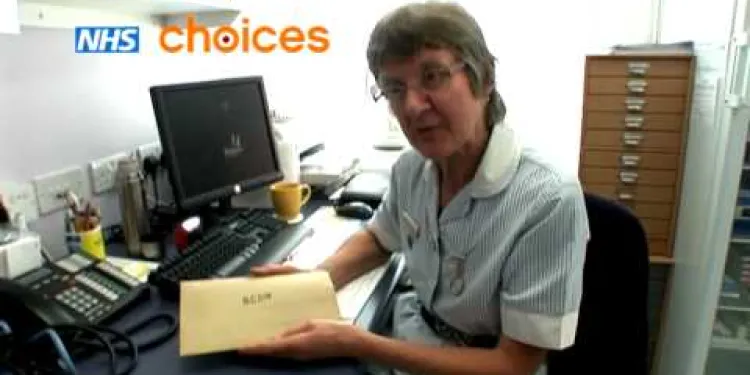
NHS - Chlamydia
Relevance: 31%
-

What is chlamydia?
Relevance: 30%
-
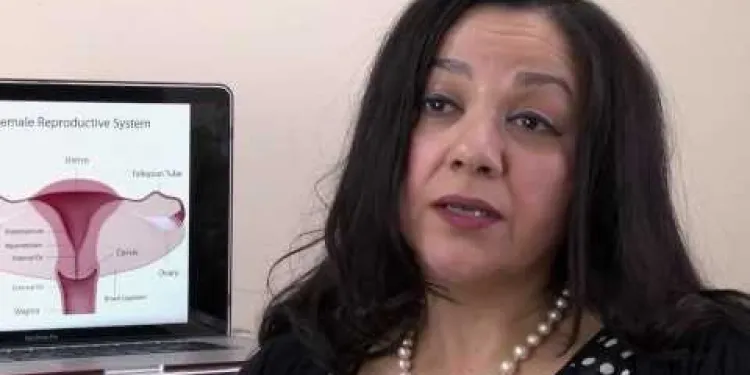
Chlamydia: The Silent Threat
Relevance: 30%
-
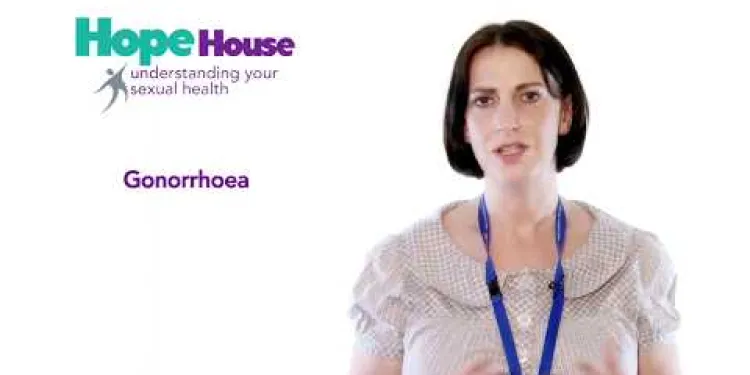
Understanding Your Sexual Health - Gonorrhoea
Relevance: 28%
-

What is Gonorrhoea?
Relevance: 28%
-

Can gonorrhoea infect areas other than the genital organs?
Relevance: 28%
-
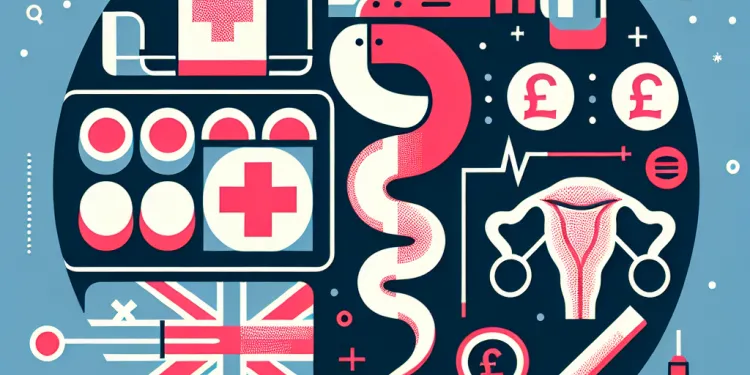
Can gonorrhoea be asymptomatic?
Relevance: 27%
-
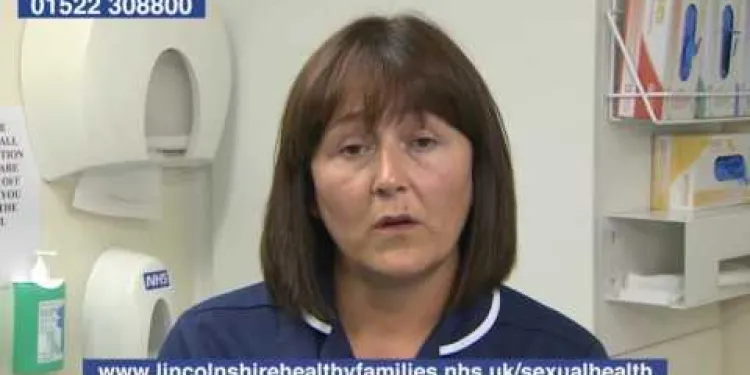
The symptoms of gonorrhoea
Relevance: 25%
-
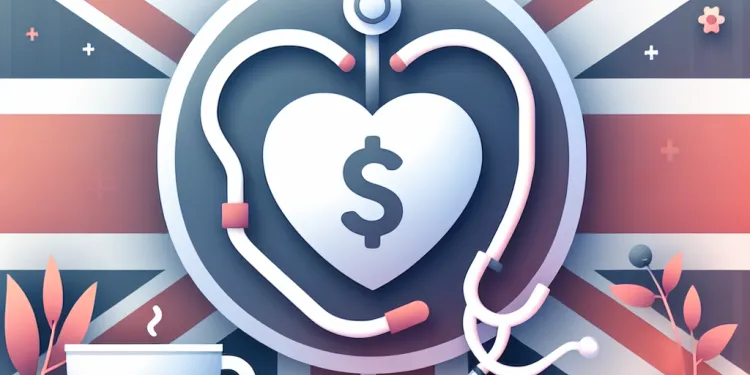
What should one do if they suspect they have gonorrhoea?
Relevance: 25%
-

How is gonorrhoea transmitted?
Relevance: 25%
-

Is there a vaccine for gonorrhoea?
Relevance: 24%
-
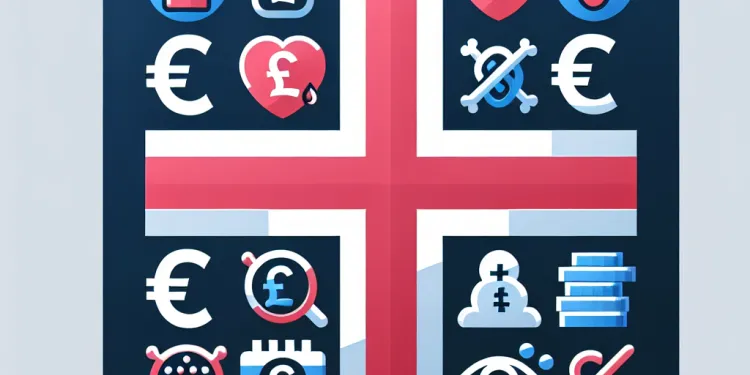
Can gonorrhoea be prevented?
Relevance: 23%
-

Are there any long-term effects of gonorrhoea?
Relevance: 22%
-

What antibiotics are used to treat gonorrhoea?
Relevance: 21%
-
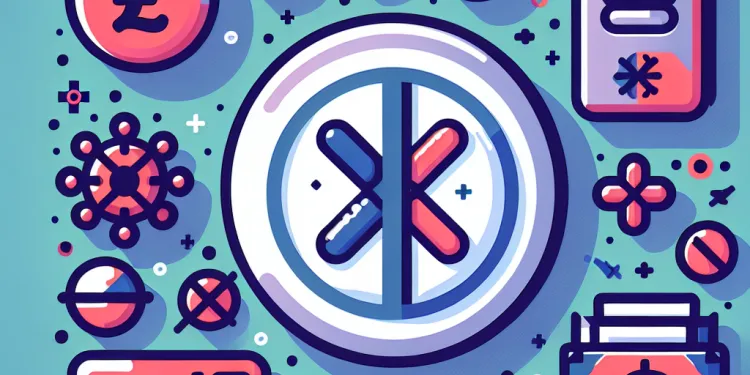
Why is antibiotic resistance a concern with gonorrhoea?
Relevance: 21%
-

Can you still get gonorrhoea after treatment?
Relevance: 20%
-
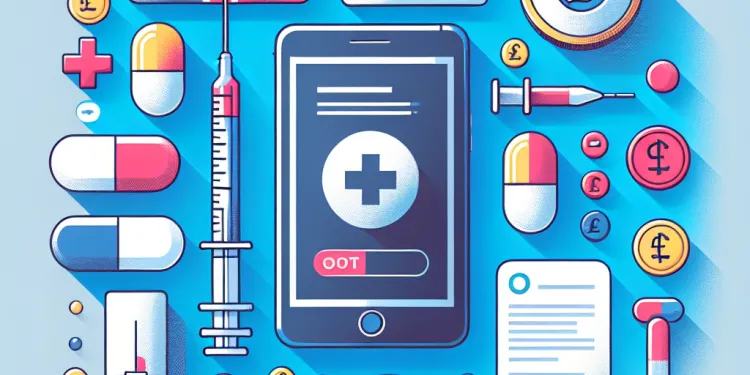
How often should one get tested for gonorrhoea?
Relevance: 20%
-
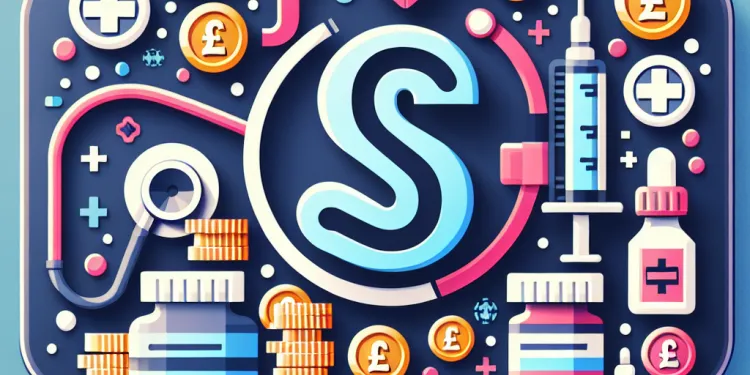
Is gonorrhoea treatable?
Relevance: 17%
-
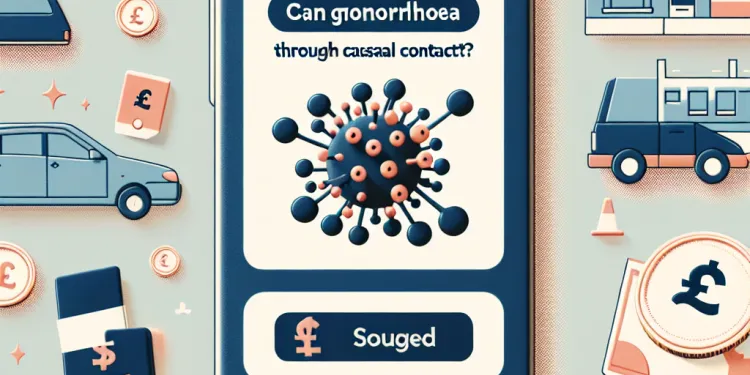
Can gonorrhoea be spread through casual contact?
Relevance: 17%
-
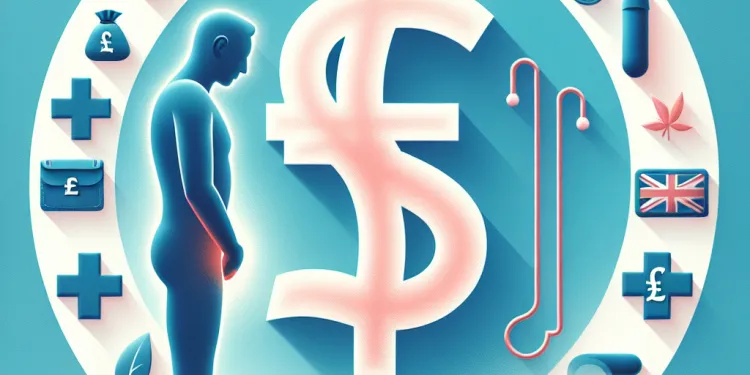
Can gonorrhoea cause complications if left untreated?
Relevance: 14%
-
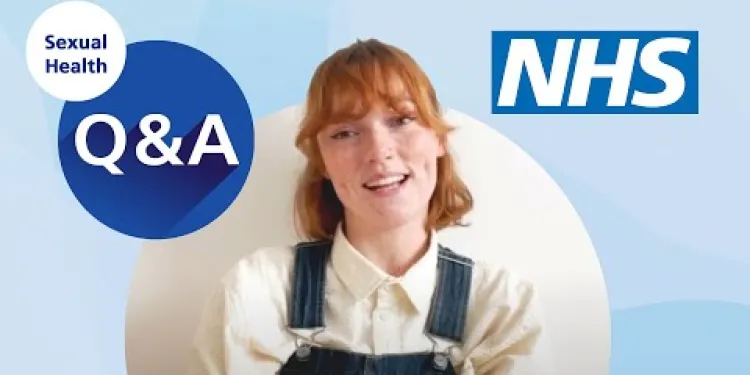
Sexually transmitted infections STIs
Relevance: 14%
-
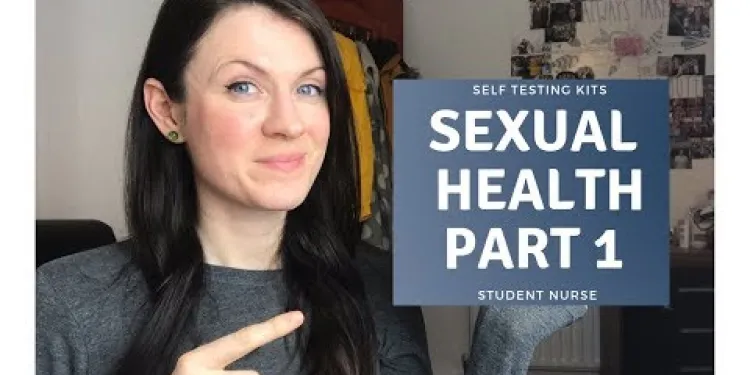
Let's Talk Sexual Health - Home Self Testing Kits
Relevance: 13%
-

What is 'the clap'?
Relevance: 13%
-

Let's Talk Sexual Health - Home Self Testing Kits
Relevance: 13%
-

NHS STI (Sexually Transmitted Infections) Information Video
Relevance: 12%
-

Understanding Your Sexual Health - Pelvic Inflammatory Disease
Relevance: 11%
-

BSL Pelvic inflammatory disease (PID)
Relevance: 10%
-

What are the symptoms of gonorrhoea?
Relevance: 10%
-

Can gonorrhoea be passed from mother to child?
Relevance: 8%
-

Can earwax buildup cause tinnitus?
Relevance: 7%
-

Female infertility explained
Relevance: 6%
-
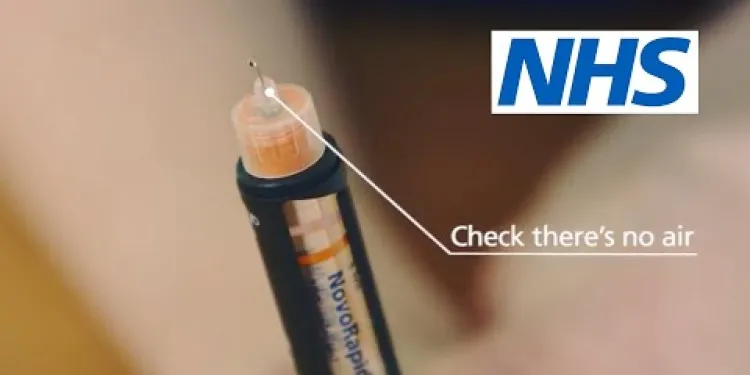
Diabetes: How to inject insulin | NHS
Relevance: 6%
-

Reactive arthritis
Relevance: 5%
Pharyngeal Swab for Gonorrhoea and Chlamydia
Introduction to Pharyngeal Swabs
Pharyngeal swabs are a critical tool in diagnosing sexually transmitted infections (STIs), such as Gonorrhoea and Chlamydia, in the throat. These swabs are essential, especially for individuals who engage in oral sex, as it is possible to contract these infections in the pharyngeal or throat region. In the United Kingdom, routine testing for these STIs in the throat is recommended for high-risk groups.Importance of Diagnosing Gonorrhoea and Chlamydia
Gonorrhoea and Chlamydia are two of the most common STIs in the UK. Left untreated, they can lead to severe health consequences, including infertility and an increased risk of HIV. Pharyngeal infections often remain asymptomatic, making regular screening and early diagnosis crucial. Pharyngeal swabs enable healthcare providers to detect and treat these infections promptly, mitigating their spread and reducing complications.The Procedure of Taking a Pharyngeal Swab
A pharyngeal swab procedure is quick and non-invasive. A healthcare professional uses a sterile swab to collect a sample from the back of the throat. This process may cause slight discomfort or a gagging sensation but is generally well-tolerated. The collected sample is sent to a laboratory where it undergoes nucleic acid amplification tests (NAATs), the gold standard for detecting Gonorrhoea and Chlamydia.Who Should Consider a Pharyngeal Swab?
Individuals who are at higher risk of STIs should consider regular pharyngeal swabs. This includes men who have sex with men (MSM), people with multiple sexual partners, and those who have known exposure to STIs. In the UK, sexual health clinics offer confidential testing services, ensuring that individuals at risk can access the care they need without stigma.Benefits of Regular Testing
Regular pharyngeal swabs play a vital role in sexual health. By detecting infections early, individuals can receive appropriate treatment, preventing further transmission. Moreover, regular screening helps public health authorities monitor and control the prevalence of these STIs, contributing to better overall community health.Conclusion
Pharyngeal swabs are a key component in the fight against Gonorrhoea and Chlamydia in the UK. They facilitate early detection and treatment, preventing severe health outcomes and controlling the spread of these infections. Regular testing, especially for high-risk groups, is essential in maintaining good sexual health and public wellbeing. If you believe you might be at risk, consult your local sexual health clinic for advice and testing options.Pharyngeal Swab for Gonorrhoea and Chlamydia
What is a Pharyngeal Swab?
A pharyngeal swab is a way to test for infections like Gonorrhoea and Chlamydia in the throat. These are special germs that can make you sick. People can get these germs in their throat if they have oral sex. In the UK, doctors suggest testing for these germs in the throat if you are at higher risk.Why It Is Important to Test for Gonorrhoea and Chlamydia
Gonorrhoea and Chlamydia are common in the UK. If not treated, they can cause big health problems, like not being able to have children. They can also make it easier to get other infections, like HIV. Often, there are no signs in the throat, which is why testing is very important. Pharyngeal swabs help doctors find and treat these germs early, which helps stop them from spreading.How a Pharyngeal Swab Is Done
The doctor or nurse will quickly collect a sample from your throat using a special stick called a swab. It might feel a little uncomfortable or make you cough, but it is quick. Then, the sample goes to a lab to check if the germs are there using special tests.Who Should Get a Pharyngeal Swab?
People who might have a higher chance of getting these germs should get tested. This includes men who have sex with men, people with many sexual partners, or those who know they might have been in contact with these germs. In the UK, you can go to a sexual health clinic for a private test, and they won't judge you.Why Regular Testing Is Good
Regular testing with pharyngeal swabs is important. It helps find infections early so you can get medicine to stop them from spreading. It also helps doctors understand how common these germs are, which is good for everyone's health.Conclusion
Pharyngeal swabs are an important way to stop Gonorrhoea and Chlamydia in the UK. They help find and treat infections early. Regular testing is very important, especially for people at higher risk, to stay healthy and keep the community healthy. If you think you might be at risk, visit your local sexual health clinic for help and testing.Frequently Asked Questions
What is a pharyngeal swab?
A pharyngeal swab is a medical procedure in which a sample is taken from the back of your throat to test for bacterial or viral infections, including Gonorrhoea and Chlamydia.
Why do I need a pharyngeal swab for Gonorrhoea and Chlamydia?
A pharyngeal swab for Gonorrhoea and Chlamydia may be necessary if you have engaged in oral sex, as these STIs can infect the throat and may not show symptoms.
Is the pharyngeal swab procedure painful?
The procedure may cause some discomfort and a gagging sensation, but it is generally quick and not painful.
How is a pharyngeal swab test performed?
A healthcare provider will use a long cotton swab to gently scrape the back of your throat to collect cells for testing.
Do I need to prepare for a pharyngeal swab test?
There is no special preparation needed for a pharyngeal swab. However, it is a good idea to avoid eating or drinking for an hour before the test.
How long does it take to get results from a pharyngeal swab test?
Results from a pharyngeal swab test for Gonorrhoea and Chlamydia typically take a few days to a week.
Can I get a pharyngeal swab test at my local GP in the UK?
Yes, pharyngeal swab tests can be done at your local GP, sexual health clinics, or genitourinary medicine (GUM) clinics.
Is the test covered by the NHS?
Yes, pharyngeal swab tests for Gonorrhoea and Chlamydia are generally covered by the NHS.
Are there any risks associated with pharyngeal swab tests?
The risks associated with pharyngeal swab tests are minimal. You may experience minor discomfort or a gagging sensation.
What happens if my test results are positive?
If your test results are positive, your healthcare provider will discuss treatment options with you, which typically involve antibiotics.
Can Gonorrhoea and Chlamydia in the throat be asymptomatic?
Yes, Gonorrhoea and Chlamydia infections in the throat can often be asymptomatic, meaning they show no symptoms.
How accurate are pharyngeal swab tests for Gonorrhoea and Chlamydia?
Pharyngeal swab tests for Gonorrhoea and Chlamydia are highly accurate when performed correctly.
Why is it important to test for Gonorrhoea and Chlamydia if there are no symptoms?
Testing is important as untreated infections can lead to serious health complications and can be transmitted to sexual partners.
Can I prevent Gonorrhoea and Chlamydia by using condoms during oral sex?
Using condoms during oral sex can significantly reduce the risk of transmitting Gonorrhoea and Chlamydia, but it may not eliminate the risk entirely.
What should I do if I am nervous about having a pharyngeal swab test?
If you are nervous about having a pharyngeal swab test, talk to your healthcare provider. They can explain the procedure and help put you at ease.
What is a pharyngeal swab?
A pharyngeal swab is a test to see if someone is sick. A doctor or nurse will use a soft stick with cotton at the end. They will rub it at the back of your throat to get a sample.
This might feel a little ticklish or uncomfortable, but it is very quick. The sample goes to a lab, where they check for germs like viruses or bacteria.
If you find reading hard, you can ask someone to help you understand. Drawing pictures or using apps with pictures and audio can also help you learn more about medical tests.
A pharyngeal swab is a medical test. A doctor or nurse takes a sample from the back of your throat. This test checks if you have germs that make you sick, like Gonorrhoea or Chlamydia.
Why do I need a throat swab for Gonorrhoea and Chlamydia?
A throat swab is a quick test to check for germs that can make you sick. This helps doctors to find out if you have infections called Gonorrhoea or Chlamydia in your throat. Even if you don't feel sick, it's important to know if these germs are there.
You will feel better if doctors find and treat these germs. Medicine can make the germs go away. This helps you stay healthy and not spread germs to others.
If you find it hard to read, ask someone you trust for help with reading or understanding this information. You can also use tools like text-to-speech programs that read out loud for you.
If you have had oral sex, you might need a throat swab test. This is to check for two infections called Gonorrhoea and Chlamydia. These infections can be in your throat, and you might not feel sick or notice anything wrong.
Does a throat swab hurt?
A throat swab is when a nurse or doctor uses a small stick to gently rub the back of your throat. It may feel a bit uncomfortable, but it does not usually hurt. If you are worried, you can take deep breaths or think of something nice. It will be over quickly!
The doctors will do something that might feel a bit uncomfortable. It might make you feel like you need to cough, but it doesn't usually hurt. It will be over quickly.
How do you do a throat swab test?
A throat swab test checks for germs or viruses in your throat.
Here is how it is done:
- The nurse or doctor will ask you to open your mouth wide.
- They have a long cotton stick called a swab.
- They gently rub the swab at the back of your throat.
- It might feel a bit funny, but it is quick.
- They take the swab away to test it.
If you find this test scary, you can:
- Ask someone to hold your hand.
- Breathe slowly and deeply.
- Think of something nice like your favorite toy or place.
A healthcare worker will use a long cotton stick to gently rub the back of your throat. This is to collect cells for a test.
Do I need to get ready for a throat swab test?
A throat swab test is when a doctor or nurse uses a cotton stick to check your throat for germs.
Here are some ways to get ready for the test:
- Try not to eat or drink before the test. Eating might make the test harder.
- Relax and take deep breaths. Staying calm helps make the test easier.
- If you have questions, ask the nurse or doctor. They are there to help you.
You can ask someone to go with you if it makes you feel better. It's okay to ask for help.
You don't need to do anything special to get ready for a throat swab. But it's best not to eat or drink anything for one hour before the test.
How long to get results from a throat swab test?
It usually takes a few days to a week to get results from a throat swab test for Gonorrhoea and Chlamydia.
Can I have a throat swab test at my local doctor in the UK?
A throat swab test checks for germs in your throat. Ask your local doctor if they can do it. They will let you know if they can help. You can also ask if you need to go somewhere else for the test.
To make it easier, you can:
- Write down your questions before you call or visit.
- Ask a friend or family member to go with you.
- Use a computer or phone to look up your doctor’s contact details.
Yes, you can have a throat swab test at your local doctor's office, sexual health clinic, or GUM clinic.
If you find reading hard, you can ask someone to read it to you. You can also use a text-to-speech tool to help.
Does the NHS pay for the test?
Yes, the NHS usually pays for throat tests to check for Gonorrhoea and Chlamydia.
Is there anything risky about throat swab tests?
A throat swab test is when a doctor uses a soft stick to take a sample from the back of your throat. It helps find out if you're sick.
Sometimes, a throat swab can make you feel a little uncomfortable. You might feel like you have to cough or gag. But it doesn't usually hurt.
Most people feel fine after the test. But if you feel worried, it's okay to tell the doctor. They can help you feel better.
If you don't understand or if you want to know more, you can ask a friend or family member to explain it to you.
Pharyngeal swab tests are very safe. You might feel a little uncomfortable or like you need to cough.
What do I do if my test says "yes"?
If your test shows you are sick, your doctor will talk to you about different ways to get better. Usually, this means you will take some medicine called antibiotics.
Can you have Gonorrhoea or Chlamydia in your throat without feeling sick?
Yes, sometimes if you have Gonorrhoea or Chlamydia in your throat, you don't feel sick at all. This means you might not see any signs or feel any different.
How good are throat swab tests for finding Gonorrhoea and Chlamydia?
Mouth swab tests for Gonorrhea and Chlamydia work really well if done the right way.
Why should you get tested for Gonorrhoea and Chlamydia even if you feel okay?
Some people have Gonorrhoea or Chlamydia but do not feel sick. These germs can still hurt the body and can make other people sick too.
Testing helps you know if you have these germs. It helps keep you and others healthy.
If the test shows you have Gonorrhoea or Chlamydia, a doctor can give you medicine to feel better.
Think about using reminders or asking someone you trust to help remember to get tested.
Testing is important. If infections are not treated, they can make you very sick. You can also pass them to others.
Can using condoms during oral sex stop Gonorrhoea and Chlamydia?
Yes, using condoms can help stop getting Gonorrhoea and Chlamydia.
Condoms are like a cover. They can help keep you safe.
Remember to use a condom every time. This can be latex or dental dams for oral sex.
If you need help, ask a doctor or a nurse. They can give you advice.
Using condoms when having oral sex can help stop the spread of germs like Gonorrhoea and Chlamydia. But, it doesn't stop the risk completely.
If you need help, try using pictures to understand better or ask someone you trust for more information.
What can I do if I feel scared about a throat swab test?
If you feel scared about the test, here are some things that can help:
- Take deep breaths: Breathe in slowly through your nose and out through your mouth. This can help you feel calm.
- Ask questions: If you have questions about the test, ask the nurse or doctor. They can help you understand what will happen.
- Bring a friend or family member: Having someone you trust with you can make you feel better.
- Think of something happy: Close your eyes and picture your favorite place or activity.
Remember, the test is quick, and it's to help keep you healthy.
If you feel scared about having a throat swab test, talk to your doctor or nurse. They can tell you what will happen and help you feel calmer.
Useful Links
This website offers general information and is not a substitute for professional advice.
Always seek guidance from qualified professionals.
If you have any medical concerns or need urgent help, contact a healthcare professional or emergency services immediately.
Some of this content was generated with AI assistance. We’ve done our best to keep it accurate, helpful, and human-friendly.
- Ergsy carfully checks the information in the videos we provide here.
- Videos shown by Youtube after a video has completed, have NOT been reviewed by ERGSY.
- To view, click the arrow in centre of video.
- Most of the videos you find here will have subtitles and/or closed captions available.
- You may need to turn these on, and choose your preferred language.
- Go to the video you'd like to watch.
- If closed captions (CC) are available, settings will be visible on the bottom right of the video player.
- To turn on Captions, click settings .
- To turn off Captions, click settings again.
More Items From Ergsy search
-

Pharyngeal swab for Gonorrhoea and Chlamydia
Relevance: 100%
-

Rectal swab test for Gonorrhoea and Chlamydia
Relevance: 66%
-

Vaginal Swab test for Gonorrhoea and Chlamydia
Relevance: 65%
-

Urine test for Gonorrhoea and Chlamydia
Relevance: 48%
-

Urine test for Gonorrhoea and Chlamydia
Relevance: 45%
-

How is gonorrhoea diagnosed?
Relevance: 32%
-

Getting tested for Chlamydia
Relevance: 31%
-

NHS - Chlamydia
Relevance: 31%
-

What is chlamydia?
Relevance: 30%
-

Chlamydia: The Silent Threat
Relevance: 30%
-

Understanding Your Sexual Health - Gonorrhoea
Relevance: 28%
-

What is Gonorrhoea?
Relevance: 28%
-

Can gonorrhoea infect areas other than the genital organs?
Relevance: 28%
-

Can gonorrhoea be asymptomatic?
Relevance: 27%
-

The symptoms of gonorrhoea
Relevance: 25%
-

What should one do if they suspect they have gonorrhoea?
Relevance: 25%
-

How is gonorrhoea transmitted?
Relevance: 25%
-

Is there a vaccine for gonorrhoea?
Relevance: 24%
-

Can gonorrhoea be prevented?
Relevance: 23%
-

Are there any long-term effects of gonorrhoea?
Relevance: 22%
-

What antibiotics are used to treat gonorrhoea?
Relevance: 21%
-

Why is antibiotic resistance a concern with gonorrhoea?
Relevance: 21%
-

Can you still get gonorrhoea after treatment?
Relevance: 20%
-

How often should one get tested for gonorrhoea?
Relevance: 20%
-

Is gonorrhoea treatable?
Relevance: 17%
-

Can gonorrhoea be spread through casual contact?
Relevance: 17%
-

Can gonorrhoea cause complications if left untreated?
Relevance: 14%
-

Sexually transmitted infections STIs
Relevance: 14%
-

Let's Talk Sexual Health - Home Self Testing Kits
Relevance: 13%
-

What is 'the clap'?
Relevance: 13%
-

Let's Talk Sexual Health - Home Self Testing Kits
Relevance: 13%
-

NHS STI (Sexually Transmitted Infections) Information Video
Relevance: 12%
-

Understanding Your Sexual Health - Pelvic Inflammatory Disease
Relevance: 11%
-

BSL Pelvic inflammatory disease (PID)
Relevance: 10%
-

What are the symptoms of gonorrhoea?
Relevance: 10%
-

Can gonorrhoea be passed from mother to child?
Relevance: 8%
-

Can earwax buildup cause tinnitus?
Relevance: 7%
-

Female infertility explained
Relevance: 6%
-

Diabetes: How to inject insulin | NHS
Relevance: 6%
-

Reactive arthritis
Relevance: 5%


